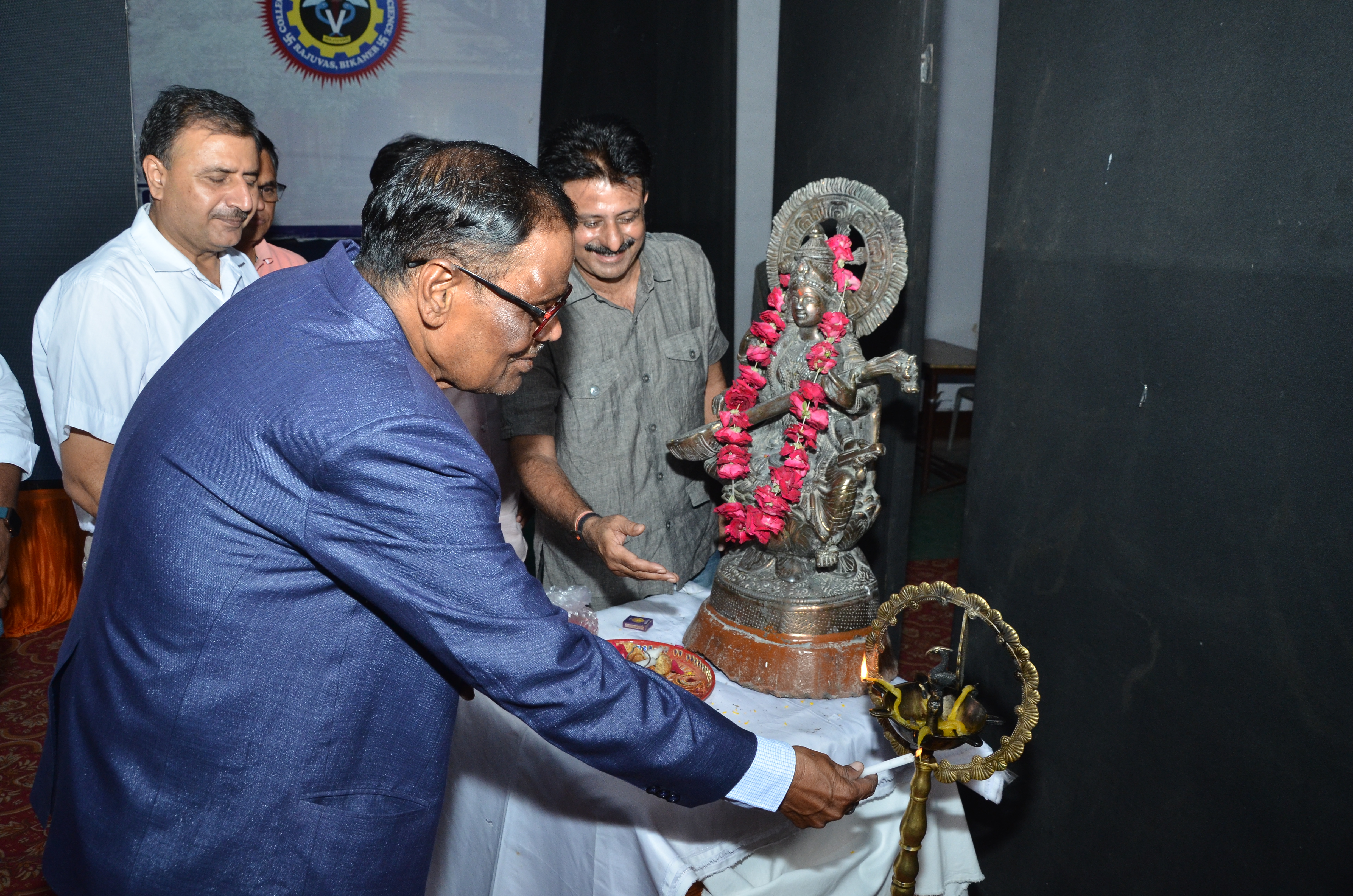The Role of Indian Women in Climate Action and Sustainability #IndianWomenForClimate #SustainableIndia #WomenInAction #ClimateChampions #EcoWarriorsIndia

- DIVYA MOHAN MEHRA
- 02 Jun, 2025
- 97737

Email:-DMM@khabarforyou.com
Instagram:-@thedivyamehra


In the global battle against climate change, Indian women—often the first to feel its impact—are also emerging as powerful leaders of environmental resilience and sustainable innovation. From rural communities to global forums, their voices, efforts, and innovations are reshaping the future of climate action in India.
Why Women Are at the Heart of Climate Action
In India, women—especially in
rural and tribal areas—are intimately connected to natural resources. They
manage water, grow food, collect firewood, and care for families, all while
facing the brunt of climate-induced disruptions like droughts, floods, and crop
failures. This lived experience makes them not just victims of the climate
crisis, but also frontline warriors in sustainability.
According to a UNDP India report, empowering women with access to clean energy, water, and education significantly improves a community’s ability to adapt to climate change. And Indian women are rising to the occasion—not just surviving the crisis, but leading solutions.
Women Making a Difference: Influential Names and Movements
1. Sunita Narain – Environmentalist and Policy Advocate
One of India’s most respected
environmental voices, Sunita Narain has played a critical role in shaping
national policies on climate change, air pollution, and water conservation. As
Director General of the Centre for Science and Environment (CSE), her work
emphasizes equitable development and climate justice—arguing that
sustainability must also uplift the poor, especially women.
A globally recognized scholar and
activist, Vandana Shiva has long advocated for organic farming, biodiversity,
and women's rights in agriculture. Her organization, Navdanya, works with
thousands of rural women across India to promote seed saving and traditional
farming, ensuring food security and ecological balance.
Co-founder of “IAmGurgaon,” Latika
Thukral left her corporate job to transform urban sustainability in Gurugram.
Under her leadership, the Aravalli Biodiversity Park—a once barren stretch—has
been revitalized into a thriving green ecosystem. Her efforts show how women
can spearhead change in even the most urbanized settings.
A tribal woman from Karnataka with
no formal education, Tulsi Gowda has planted and nurtured over 30,000 trees.
Honored with the Padma Shri in 2020, she embodies the intimate bond that
indigenous women have with nature, and how traditional knowledge is crucial to
modern conservation.
Grassroots Leadership: Women in Rural India
Programs like Self-Employed
Women’s Association (SEWA) and Mahila Mandals have enabled thousands of rural
women to lead water conservation projects, adopt solar energy, and switch to
climate-resilient farming. In Rajasthan and Gujarat, women-led water committees
have revived dead ponds and introduced rainwater harvesting, transforming
entire villages.
In Odisha, tribal women are cultivating climate-resilient millets through community seed banks—ensuring nutrition and food security even during erratic weather patterns.
Challenges Still Persist
Despite their contributions, women
remain underrepresented in formal climate policymaking and green technology
sectors. Many government schemes on renewable energy and afforestation lack
gender-specific implementation, making it harder for women—especially from
marginalized communities—to access them.
There’s also a digital divide: fewer women in rural India have access to climate-related information or training. Bridging this gap is essential for equitable climate resilience.
Building a Greener Future with Women at the Forefront
To truly tackle climate change, India must:
●Invest in women-led green startups and cooperatives
● Provide gender-sensitive climate education and training
● Ensure women’s representation in climate governance and policy
● Support indigenous and traditional ecological knowledge systems
Empowering women isn’t just a moral imperative—it’s a climate solution.
Conclusion: She Saves the Earth, and the Earth Saves Us All
From forest guards to eco-entrepreneurs,
policy advocates to barefoot solar engineers, Indian women are leading with
empathy, intuition, and innovation. Their stories—rooted in both struggle and
strength—remind us that sustainability isn’t just about technology or policy.
It’s about community, compassion, and courage.
As India faces an uncertain climate future, its women are already laying the groundwork for resilience. And perhaps, it’s time we stopped calling them the “future” of climate action—they are, in every way, the present.
Business, Sports, Lifestyle ,Politics ,Entertainment ,Technology ,National ,World ,Travel ,Editorial and Article में सबसे बड़ी समाचार कहानियों के शीर्ष पर बने रहने के लिए, हमारे subscriber-to-our-newsletter khabarforyou.com पर बॉटम लाइन पर साइन अप करें। |
| यदि आपके या आपके किसी जानने वाले के पास प्रकाशित करने के लिए कोई समाचार है, तो इस हेल्पलाइन पर कॉल करें या व्हाट्सअप करें: 8502024040 |
#KFY #KFYNEWS #KHABARFORYOU #WORLDNEWS
नवीनतम PODCAST सुनें, केवल The FM Yours पर
Click for more trending Khabar


Leave a Reply
Your email address will not be published. Required fields are marked *
Search
Category







